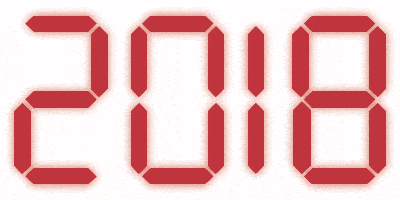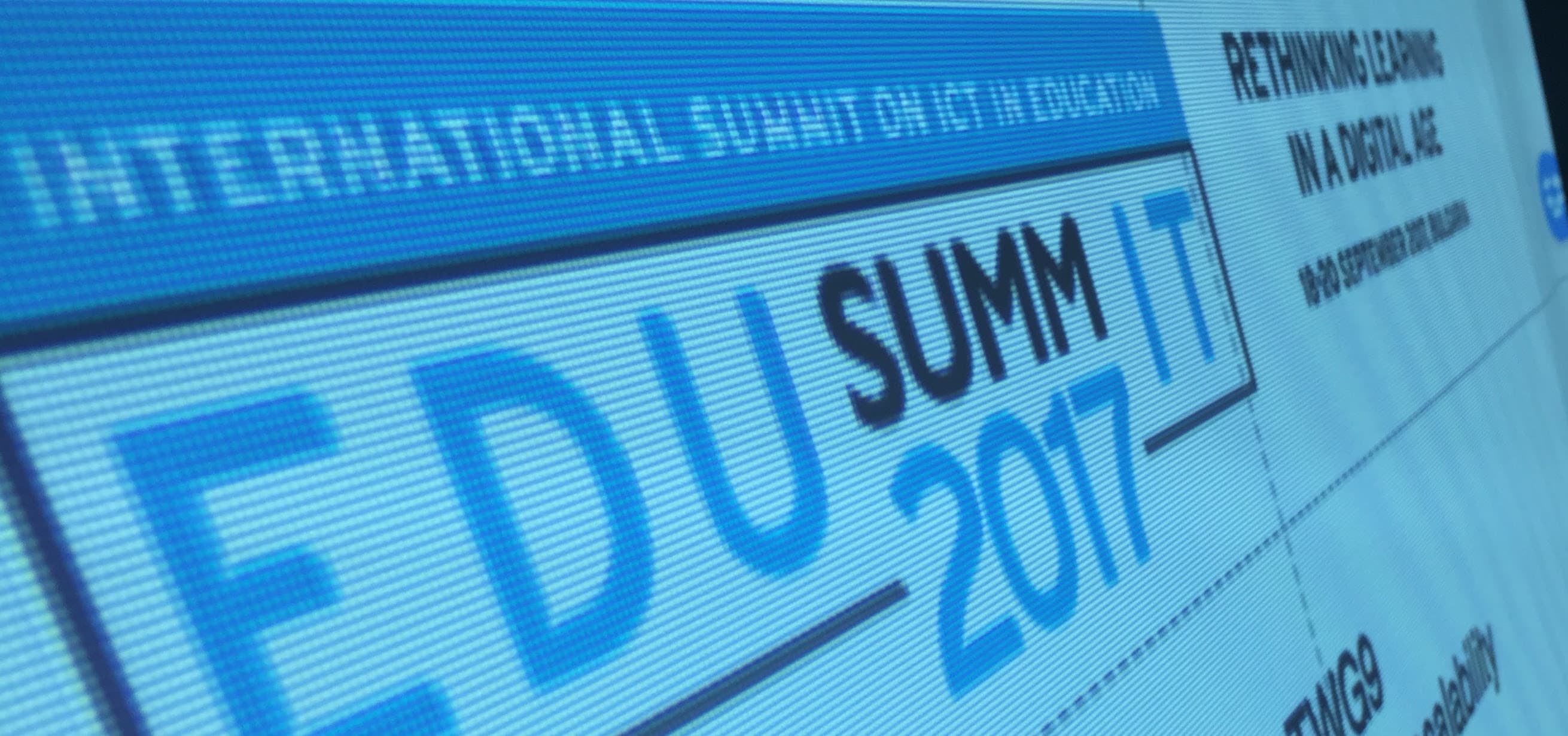I leave for India tomorrow to participate in a Symposium on Education Technology in Schools: Converging for Innovation & Creativity being held in Bangalore from the 20th to the 22nd of August. The meeting is organized by the Quest Alliance, USAID and International Youth Foundation and “is designed to bring together education and education technology practitioners, scholars and experts, academicians and students for an exchange of ideas aimed towards creative approaches and solutions for technology use in teaching and learning.”
I am presenting a keynote address, titled Education Technology and Teacher Education, the TPACK framework [Download PDF of description here.]
Other keynote speakers include Robert Kozma, independent consultant and principal scientist SRI; Nancy Law, University of Hong Kong (whom I had met during my visit there a couple of months ago); Geetha Narayanan, Srishti School of Art, Design & Technology; and Daniel Light, EDC’s Center for Children and Technology.
I will also be conducting a workshop on the final day of the conference titled: The art of teaching with ICT: Playing the TPACK game! The description is as follows:
The single greatest contribution of information technology is that it caused us to rethink—everything — Anonymous
There is a computer disease that anybody who works with computers knows about. It’s a very serious disease … the trouble with computers is that you “play” with them — Richard P. Feynman
This workshop, led by Dr. Punya Mishra, is positioned at the intersection of the creative arts and teaching with ICT. Building on the TPACK framework, participants will be able to identify creative and artistic techniques for including technology in their teaching and how such approaches can add cognitive, inspirational, and aesthetic value to their instruction. This workshop offers insight into the pre-conditions required for the creative, artistic process to flourish, and processes and techniques by which we can produce creative solutions to pedagogical problems. Technology allows us to enhance the artistic and creative aspects of teaching through nurturing what Dewey identified as the four primary impulses for learning: inquiry, communication, construction and expression. This workshop will allow participants to think of ways in which they can creatively utilize technology to tap into these primary impulses for learning with the goal of designing educative, engaging and exciting learning experiences. Participants in this workshop will develop a better understanding of the artistic aspects of teaching with technology through interactive examples and hands-on activities aimed at all levels of education.
Not only is there an art in knowing a thing, but also an art in teaching it — Cicero
I am quite excited by the opportunity to meet and engage in a dialog with scholars, researchers, and policy makers in India. I have never been to Bangalore – and that is exciting as well. I don’t know how much free time I will have but I will attempt to keep this blog as up to date as possible.
I will also take this opportunity to visit with some friends and relatives (most importantly my parents) for a couple of days prior to the conference.




0 Comments
Trackbacks/Pingbacks